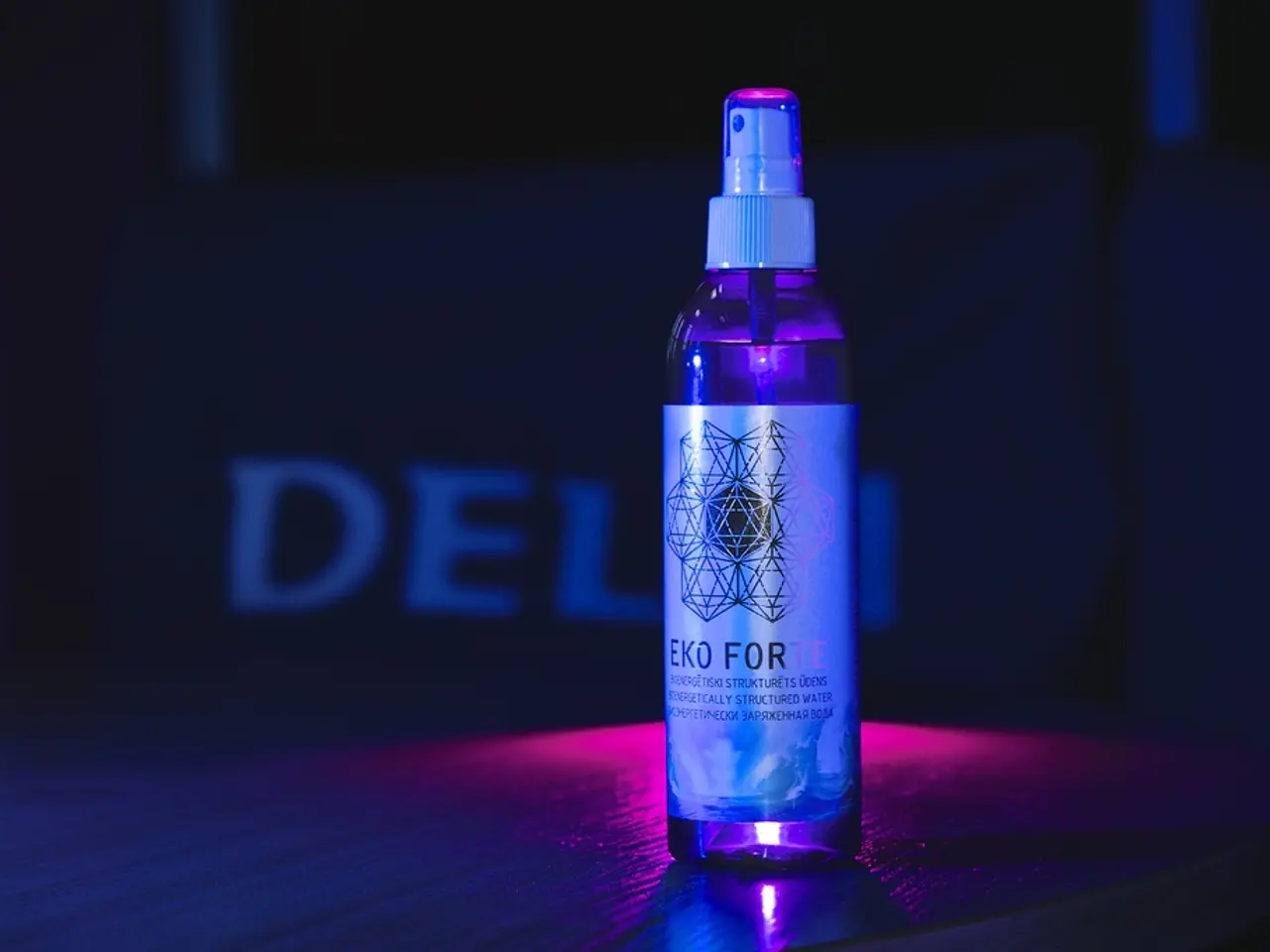Probiotic skincare effectiveness: An examination of products, applications, and additional information
In the realm of skincare, a new trend is emerging that could revolutionize the way we address common skin issues like acne, eczema, and atopic dermatitis. Topical probiotics, live microorganisms beneficial to human health, are being increasingly recognized for their potential in restoring a healthy skin microbiome and alleviating inflammation.
The concept of probiotics dates back to 1861 when Louis Pasteur discovered them as the source of fermentation in foods. Today, they are found in various skincare products, such as creams and treatments, aiming to promote a balanced microbiome on the skin.
Recent studies suggest that topical probiotics can help reduce skin inflammation and fight pathogenic bacteria like Cutibacterium acnes involved in acne. Strains like Staphylococcus epidermidis produce short-chain fatty acids (SCFAs) with anti-inflammatory and antimicrobial effects on the skin. Clinical and preclinical data show improvement in conditions such as atopic dermatitis (eczema) and acne through microbiome manipulation.
Postbiotic formulations, non-living bacterial derivatives, also demonstrate anti-inflammatory and immunomodulatory benefits, offering added safety advantages for immune-compromised individuals. Topical probiotics are generally considered safe due to their ability to work with the natural skin microbiome rather than disrupting it.
However, it is important to note that some species, or groups of species, may be capable of damaging the skin microbiome rather than helping it. Therefore, it is crucial for individuals to consult a dermatologist for advice on the best products to suit their skin, particularly if they have a condition such as AD or acne.
Research also sheds light on a bi-directional gut-skin axis, where gut microbiota influence skin health and vice versa. Topical probiotics may improve microbial resilience on the skin and indirectly benefit systemic health via the gut-skin axis.
Despite promising outcomes, research is ongoing, and limitations include variability in probiotic strains, dosage, product formulation, and the need for more standardized, large-scale clinical trials to confirm efficacy and optimize safety profiles. Advances in genetic engineering could enhance probiotic specificity and function for personalized skin treatments.
In conclusion, topical probiotics are an emerging and scientifically supported approach for managing inflammatory skin conditions, with growing evidence of their safety and effectiveness. Continued research is focused on optimizing formulations, understanding mechanisms, and confirming clinical benefits through rigorous trials. As always, it is essential to approach any new skincare regimen with caution and consultation with a healthcare professional.
References:
- The Skin Microbiome: An Overview
- Topical Probiotics for Skin Disorders: A Review of the Evidence
- The Gut-Skin Axis: An Overview
- Topical Probiotics for Dermatological Disorders: A Comprehensive Review
- The science of skincare is evolving, with topical probiotics emerging as a promising solution for promoting skin health and addressing issues like acne, eczema, and atopic dermatitis.
- As research continues to support the safety and effectiveness of topical probiotics, these products are increasingly found in health-and-wellness stores and skincare routines, harnessing the benefits of beneficial microorganisms for the skin.
- Beyond topical applications, the relationship between digestive health and skin health is also gaining attention, with studies indicating a bi-directional gut-skin axis that could potentially pave the way for personalized skincare treatments in the future.




